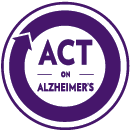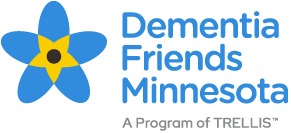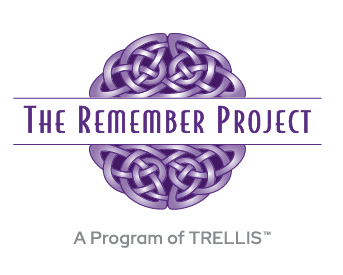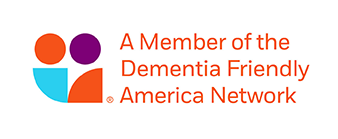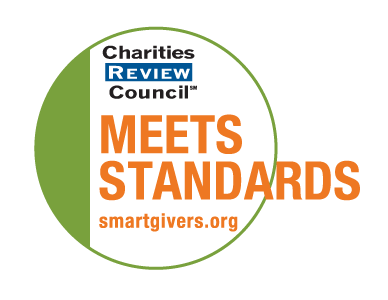PROVIDER RESOURCES
Cultural Competence and Awareness
Understanding the ethnic or cultural background of an individual who is being evaluated for dementia is essential to accurate diagnosis and treatment. The resources below provide a starting point for understanding norms and values based on a person's background.
ACT encourages cultural sensitivity training for all providers to improve their knowledge and care of diverse patients/clients with chronic illnesses, including dementia.
The perception of the individual with dementia is an important component of person-centered care.
According to the National Institute of Health, “Cultural competence is critical to reducing health disparities and improving access to high-quality health care that is respectful of and responsive to the needs of diverse patients. When developed and implemented as a framework, cultural competence enables systems, agencies, and groups of professionals to function effectively to understand the needs of groups accessing health information and health care—or participating in research -- in an inclusive partnership where the provider and the user of the information meet on common ground.”
Resources for Professionals
Culture Care Connection (online learning and resources center)
Supporting health care providers, staff, and administrators in providing culturally competent care in Minnesota.
Think Cultural Health (web-based resources and tools for cultural and linguistic competency)
Advancing health equity by developing and promoting culturally appropriate services across public health and health care systems.
Ethnogeriatrics Overview (peer-reviewed geriatrics curriculum for multi-cultural population)
Choose a culture from the left scroll box and download the PDF. For a quick primer, read the content of these sub-headings:
- Health Beliefs
- Causes of Illness and Approaches to Intervention
- Culturally Appropriate Geriatric Care: Delivery of Care
- Access & Utilization Topics
Improving Care for Populations Disproportionately Affected by Alzheimer's Disease and Related Dementias (report from the task force on specific populations)
Using a plan of action to address the needs of specific populations disproporationally affected by Alzheimer's disease.
Dementia Care Network Replication Manual
Creating a service delivery model defined as "an integracy and community approach to ethnic specific dementia care service deliver."
Resources for Individuals and Families
Alzheimer's Association Diversity Portals (African-American, Hispanic, Asian websites)
Includes resources in multiple languages on dementia-related topics for persons with dementia and family members.
Inside the Brain: An Interactive Brain Tour
Explains how the brain works and how Alzheimer's affects it (available in multiple languages).
Alzheimer's Caregivers (NIH website for people with dementia and caregivers)
Discusses caregiver issues and support in Chinese (traditional), Spanish, and English.
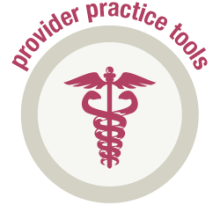
Screening and Diagnosing Diverse Populations
Healthcare professionals may have limited knowledge about the health disparities of Alzheimer’s for diverse, marginalized and underserved populations and the factors that affect their access and use of medical services. The dementia screening process itself may not be culturally competent.
ACT on Alzheimer's provides tips and tools for screening and diagnosing dementia with an equity lens.

